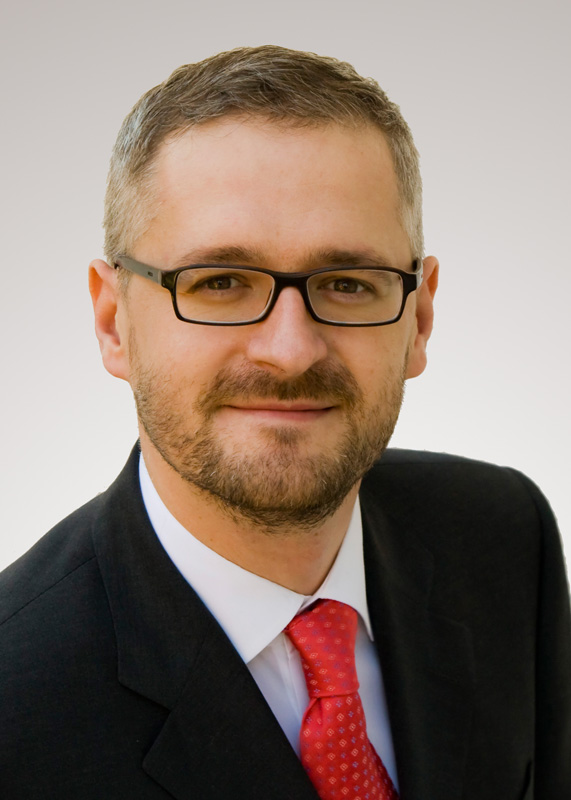Dr. Thomas Niemczyk

- Alumnus/Alumna: Quantum Systems
Thomas Niemczyk was mewmber of the Gross groups as a Master and Ph.D. Student between 2006 and 2011.
Master Thesis: Superconducting Microwave Circuits for Quantum Experiments (2006)
Ph.D. Thesis: From Strong to Ultrastrong Coupling in Circuit QED Architectures (2011)
Thomas Niemczyk was one of the first Ph.D. students at WMI working on superconducting circuit QED. In his Ph.D. thesis, he was doing the pioneering experiments on ultra-strong coupling in circuit QED. The field of ccavity quantum electrodynamics (cavity QED) studies the interaction between light and matter on a fundamental level: a single atom interacts with a single photon. The novel research field of circuit QED extended cavity QED concepts to solid-state based system. Here, a superconducting quantum bit is coupled to an on-chip superconducting one-dimensional waveguide resonator. Owing to the small mode-volume of the resonant cavity, the large dipole moment of the 'artificial atom' and the enormous engineering potential inherent to superconducting quantum circuits, remarkable atom-photon coupling strengths can be realized. In his thesis, Thomas Niemczyk described the theoretical framework, the development of fabrication techniques and the implementation of experimental characterization techniques for superconducting quantum circuits for circuit QED applications. In particular, he studied the interaction between superconducting flux quantum bits and high-quality coplanar waveguide resonators in the strong-coupling limit. Furthermore, he successfully implemented the first experimental realization of a circuit QED system operating in the ultrastrong-coupling regime, where the atom-photon coupling rate reaches a considerable fraction of the relevant system frequencies. In these experiments he could observe phenomena that can not be explained within the renowned Jaynes-Cummings model.
He left WMI in 2011 to start a career in industry at BMW Group in Munich, Germany
